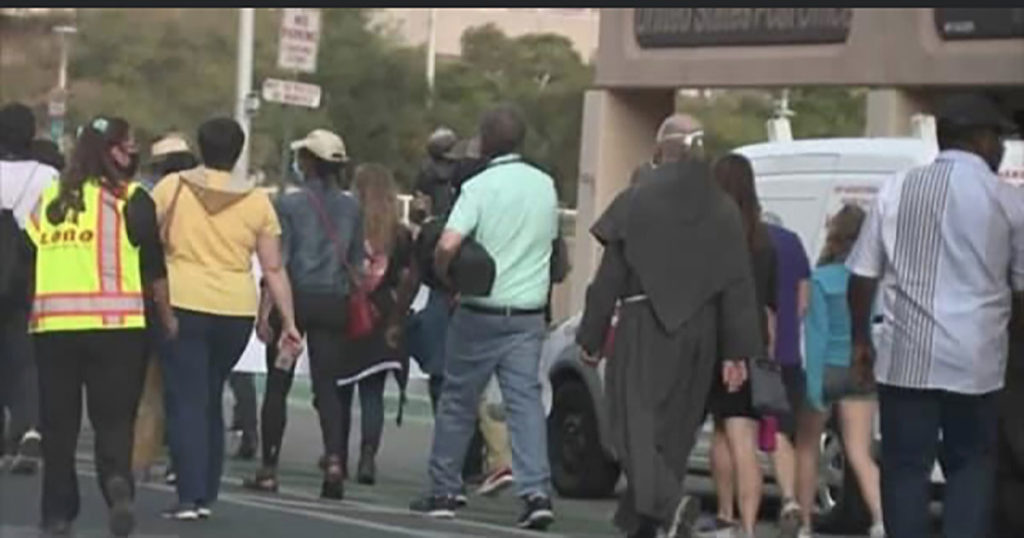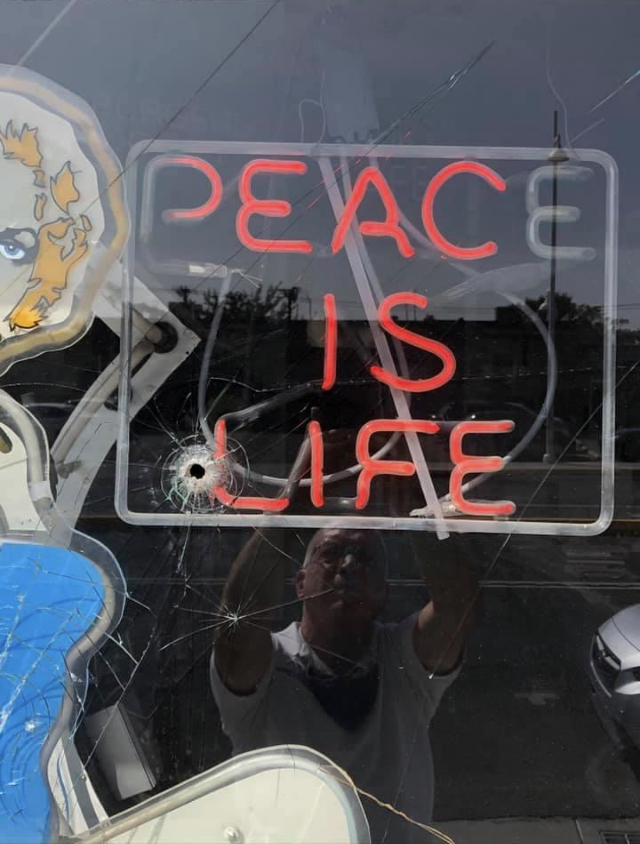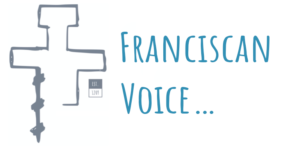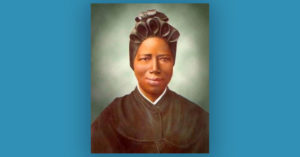Friar Charles McCarthy continues his reflection on Pope Francis' Let Us Dream, A Path to a Better Future.
“Part Two: A Time to Choose,” of Let Us Dream, Pope Francis’ book, treats our need to discern an understanding of the reality in which one lives before deciding to take an action. Paul writes, “What I do, I do not understand. For I do not do what I want, but I do what I hate.” (Rom7:15) As Paul wades us through the conundrum of right judgement toward right action (“to act concretely to heal and repair”), we attempt to make un-reflected decisions.
“Should I stay, or should I go,” laments the song by The Clash. “If I go there will be trouble, and if I stay it will be double…” asking someone “else” to answer and make the decision. Francis counsels that the answer needs to come from within – or we stay in “sin,” (brokenness, confusion, mis-stepping, “paths that lead nowhere or backward,” in an “isolated conscience.”)
Pope Francis encourages us:
“Between the first step, which is to come close and allow yourself to be struck at what you see, and the third step, which is to act concretely to heal and repair, there is an essential intermediate state: to discern, and to choose. A time of trial [distinguishes] the paths of the good that lead to the future from other paths that lead nowhere or backward. With clarity, we can better choose the first.” (Let Us Dream p.52)
What happens when one is torn between two seemingly equal values? Should I stay or should I go? Should I act or be quiet? Without taking seriously the responsibility (ably respond) for an action – my action – I might react instead. To take a Prophetic step, I need to recognize what is being asked or required of me. Considering my core values (learned before Kindergarten) and assessing the consequences of my stance, I can then act – and, hopefully, for the common good

I marched in a Black Lives Matters action in Albuquerque. Hearing the voices and concerns, I found myself at opposition with some other friars. They were concerned about the violent acts in some places. I was concerned about the consistent and constant violence against minorities, immigrants, and the imprisoned.
Wearing my habit, I was approached by a Brown Beret and asked if I would speak. “Who me?” “Yes.” “Give me a moment!” My heart was conflicted. “I do not “know” “their” pain. It is not “my” lived experience. I see it in their faces and hear it in their voices. Should I stay? or Should I go?
There was a chant: “No Justice? No Peace!” My inner voice was chanting, “Know Justice! Know Peace.” To stand stuck in the “NO!” is to be stuck in an “isolated conscience.” To seek to “know” the pain, to “know” just works, requires us to “listen” and to “see.” So, I spoke, “Know Justice! Know Peace!” At the next rally, a banner used those words.
– friar Charles McCarthy OFM Conv.



